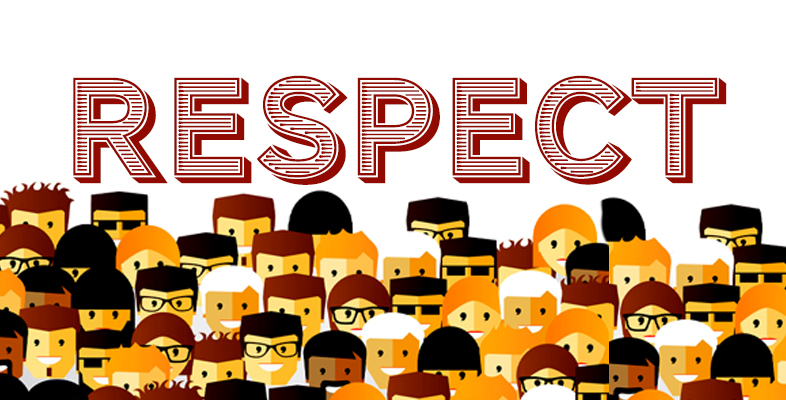Session 4: Showing respect in research
Introduction and aims
Welcome to Session 4 of Becoming an ethical researcher.
In this session you will again step into the shoes of a researcher to focus on how you would respond respectfully to challenges you might encounter. As you have already seen, there is no ‘one size fits all’ formula for carrying out ethical research that suits every situation, but you can weigh up options by thinking through key principles. Key principles, like respect and dignity, are the building blocks of the ethical guidelines you explored in Session 3.
Respect is a key principle for this session with overlapping issues of power, participation, vulnerability and voice all impacting on research relationships. Respect in this context refers to research relationships with participants, gatekeepers and other stakeholders in the research, whether online, in person or via representation from historic documents. Respect is also important in terms of respecting researcher safety and boundaries.
Acknowledging respect also means being aware of and transparent about differences in power that may reflect wider societal or institutional inequalities. For example, Anderson and Morrow (2020) argue that ethical ‘research reveals, instead of conceals’ (p. 178) the inequalities between adults and children.
By the end of this session, you will be able to:
- appreciate the importance of respect as a key principle in conducting research
- make links between respect, vulnerability, voice, participation and power in relation to ethical research issues
- consider how different research designs and methods can shift issues of power
- understand the importance of researcher safety
- compare your emerging research ideas with others.

